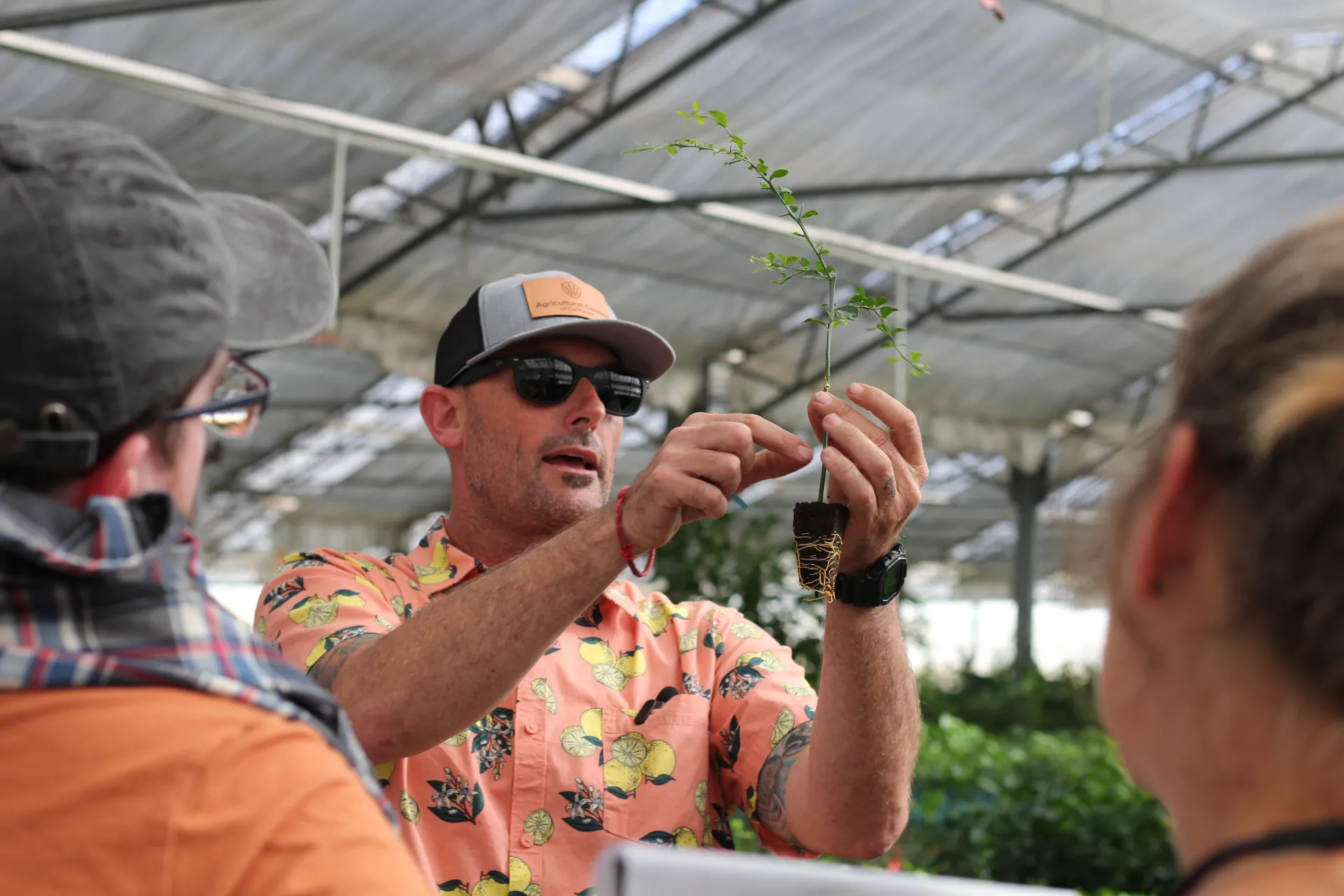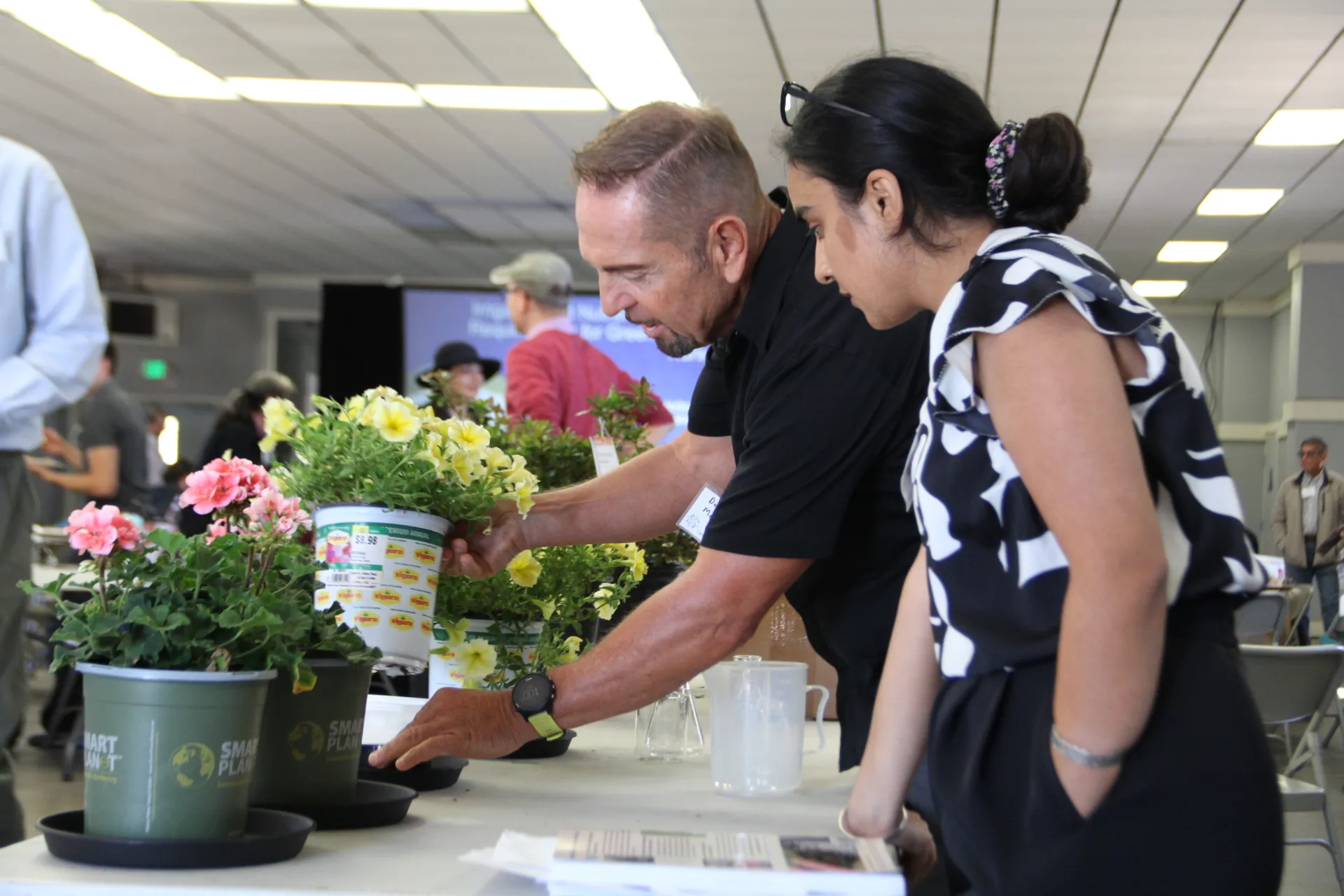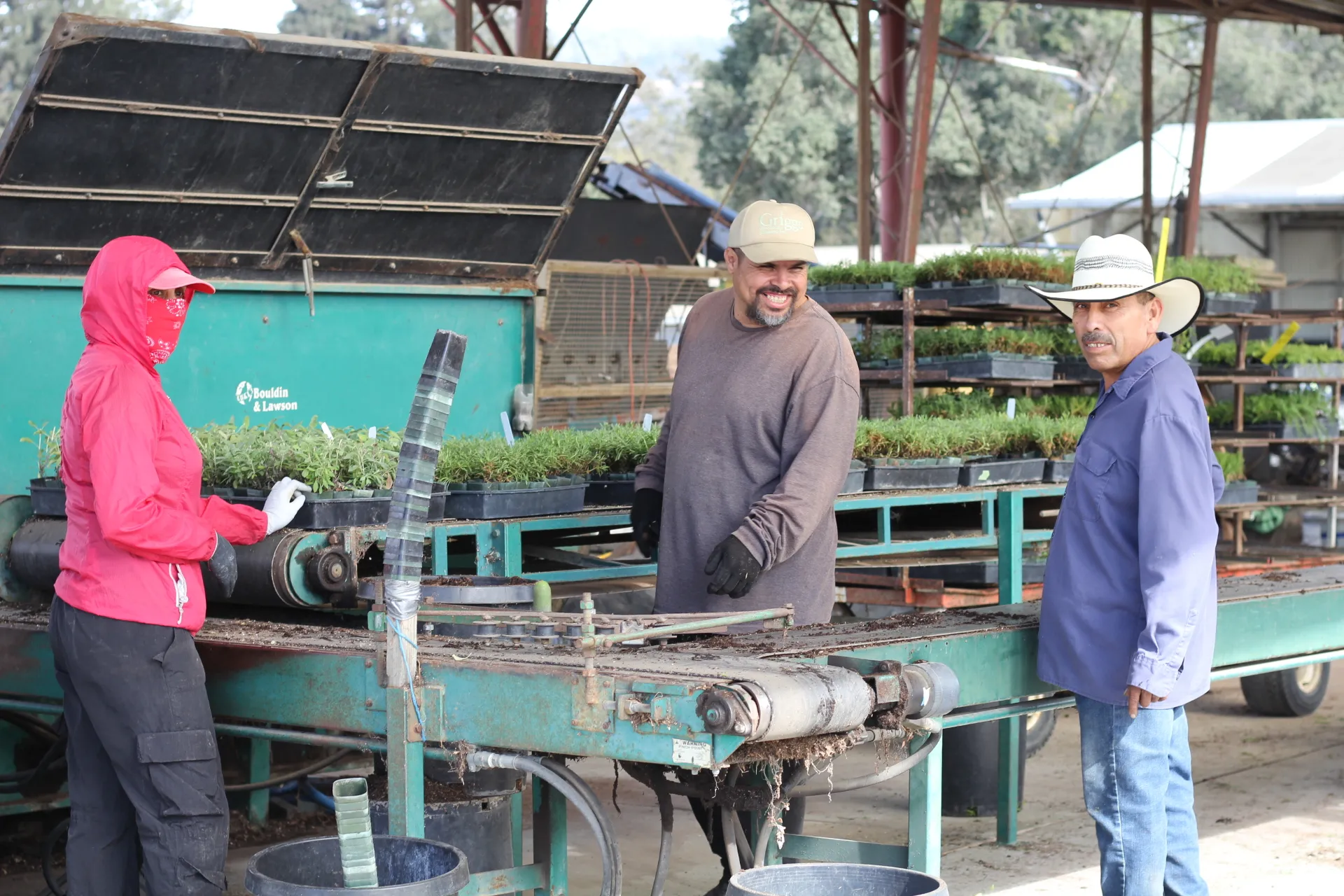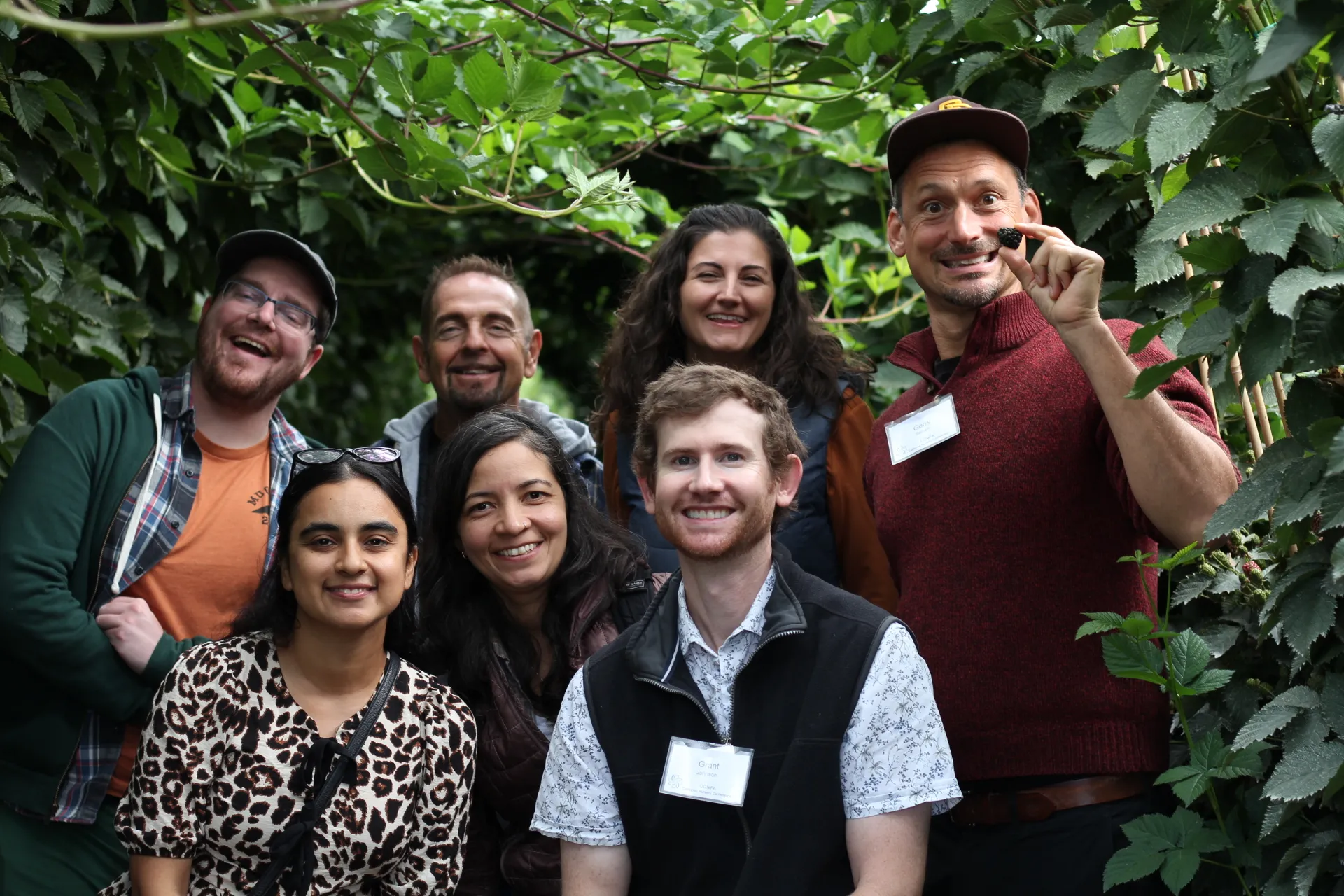UC ANR invites nursery and other horticultural professionals to tap into science-based advice for growing profitable, healthy and sustainable plants in California

Nursery owners and landscapers – do you know about the latest invasive pest lurking in greenhouses? Are you getting the most efficiency out of your irrigation systems? What are you doing to protect your plants from the next record-breaking heat wave?
Scientists from University of California Agriculture and Natural Resources will address these pressing questions and other research findings at the 2025 California Nursery Conference, on Sept. 10-11 at the Museum of Ventura County Agriculture Museum in Santa Paula.
For more than 40 years, this conference has assembled UC researchers to catch horticultural business owners up to speed on science that can influence their bottom line.
The first day of the conference will feature seminars, demonstrations and poster sessions in English and Spanish. Day two will offer hands-on experiences, with attendees invited to tour local nurseries, greenhouses and landscapes. Stops will include Seaside Gardens, Boething Treeland and more.
To see the agenda and register, visit https://ucnfa.ucdavis.edu/events/california-nursery-conference-2025.

Tapping into low-water landscaping
Nursery agriculture is a billion-dollar industry in California, generating more value than processing tomatoes or broiler chickens. It’s also diverse in its products, including backyard citrus trees, flower bouquets or native plants used for habitat restoration.
Despite the industry’s size and broad offerings, there are some challenges all nursery growers must contend with, says UC Cooperative Extension horticulture advisor and conference organizer Gerardo Spinelli. Water is at the top of that list.
“Whether you grow a dieffenbachia in a big greenhouse, or you grow an agave outdoors, you need to irrigate it. There’s no way out of it in California,” Spinelli said. “Irrigation efficiency is something that is relevant for everybody.”

“Low-water” plants and landscapes are a hot topic for discussion in this drought-prone state, and this conference taps into the issue. Seminar topics will include water retention in various substrates, managing pathogens in recirculating irrigation systems and advice on successfully managing a low-water landscape.
Knowledge exchange goes both ways – input shared by horticultural professionals may inspire the next research projects taken on by UC scientists. Spinelli is looking forward to this social aspect of the conference and hopes to understand the market pressures growers may be facing. For example: which flowers are selling well this year? Which are out of fashion?
“Nursery and floriculture is an industry that is always very dynamic…the trends are fast,” Spinelli said. “You are more picky when you choose something that has to do with beauty.”
The event is intended to meet growers’ specific needs, while offering broad value to more general audiences as well. In fact, the conference agenda was developed to include issues facing landscaping professionals, according to Natalie Levy, UC Cooperative Extension soil health and organic materials management advisor.

Levy is looking forward to the landscaping session, which will include a talk highlighting the market demands and extreme climate conditions weighing on nursery growers and landscapers alike. Growers may want to consider selling plants that have been evaluated through research as being high performing under low-water treatments, such as those Blue Ribbon™ Winners identified in the UC Landscape Plant Irrigation Trials™. That recognition from scientists could be a marketable quality.
“This information just gives another edge of marketability to the grower,” Levy said.

